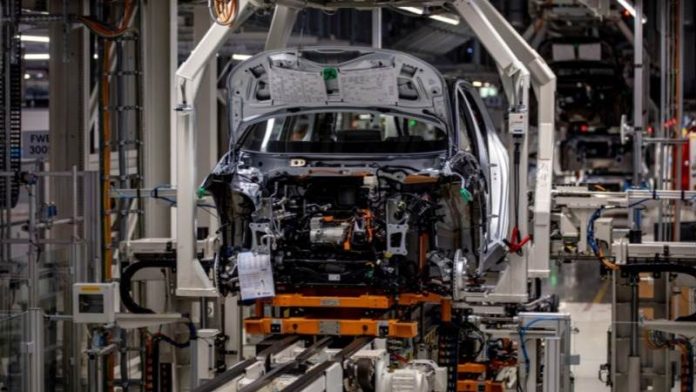Factory orders in Germany declined more than expected in July. This is another setback for Europe struggling with a fall in industrial production.
According to the federal statistical agency Destatis, new orders reflecting the level of economic activity fell by 11.7 percent compared to last month.
However, the sharp drop in orders in July is compared with the previous month when the indicator rose by 7.6 percent due to several big orders, such as one in the aerospace industry.
Excluding large orders, the total volume of industry grew by 0.3 percent in July, according to Destatis. In a statement, the Ministry of Economy claims that monthly data “fluctuates strongly” due to large orders. Among the reasons why there is no increase in industrial activity, the agency mentioned a “gloomy business climate” and a weak global economy.
Foreign orders declined by 12.9 percent in July, and domestic demand fell by 9.7 percent.
The German economy is recovering from a winter recession, and the frightening economic data only aggravates fears of a long-term subdued growth. In recent months, Germany’s manufacturing industry has been experiencing difficulties due to high inflation, increased energy costs, as well as a decline in demand from China, a key sales market.
Germany is among the countries with the most developed economy, which will shrink in 2023, according to forecasts of the International Monetary Fund.
The German government is currently focused on improving energy security, including financing floating terminals for the import of liquefied natural gas, as well as expanding the toolkit of emergency legal powers. The country also intends to stimulate the reduction of gas consumption and strengthen cooperation within the EU on emergency response.
Improving energy security will allow Germany to create an economy minimally dependent on fossil fuels. Germany needs an environmental incentive for public investment that can attract private financing of clean technologies, such as renewable energy sources, the IMF says.
